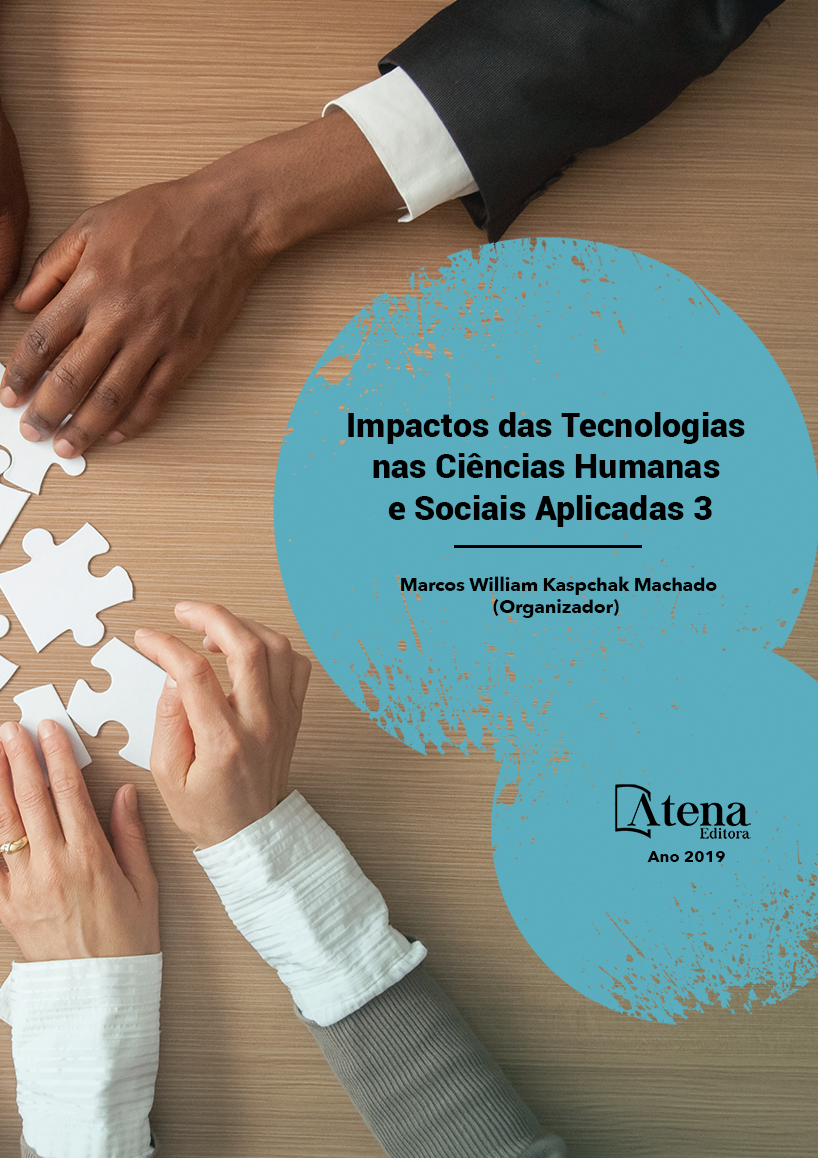
CENTRO DE REFERÊNCIA EM EDUCAÇÃO INFANTIL (CREI): UM ESPAÇO PARA CRIANÇAS SURDAS NA CIDADE DE JOÃO PESSOA/PB
Este texto é resultado de uma
pesquisa que teve como meta desenvolver
uma discussão simultânea sobre três temas:
Educação Infantil, Política de Inclusão e
Educação de crianças surdas. O foco nas
pessoas surdas é consequência de outros
estudos e da necessidade de dimensionar os
efeitos causados pelo fato de essa população
ser vista apenas como deficiente auditiva pela
sociedade. Essa característica tem se imposto a
qualquer outra, inclusive à de sua identidade de
criança, que necessita participar dos processos
inerentes a essa etapa de desenvolvimento.
O que prevaleceu, por muito tempo, foi à
intenção clínica de transformá-la, antes de
tudo, num ser falante da língua majoritária: a
oral-auditiva. Estipulamos como objetivo de
pesquisa identificar os Centros de Referência
em Educação Infantil (CREIs) que atendiam a
crianças surdas na cidade de João Pessoa/PB e
analisar concepções de educadores e situações
que envolviam momentos pedagógicos com
os alunos surdos. Identificada uma CREI que
atendia crianças surdas, realizamos entrevista
com as educadoras da instituição e observação
das práticas pedagógica, buscando perceber
como era enfrentado o desafio de trabalhar com
crianças surdas na fase inicial de educação.
Os resultados das análises apontam para a
dificuldades na inclusão de surdos na educação
regular, tendo em vista a desconsideração do
que é ser criança e, em particular, da importância
da Libras (Língua Brasileira de Sinais) para seu
processo acadêmico e de identificação cultural.
CENTRO DE REFERÊNCIA EM EDUCAÇÃO INFANTIL (CREI): UM ESPAÇO PARA CRIANÇAS SURDAS NA CIDADE DE JOÃO PESSOA/PB
-
DOI: 10.22533/at.ed.63319110326
-
Palavras-chave: Educação Infantil. Educação de Surdos. Inclusão.
-
Keywords: Early Childhood Education. Education of the Deaf. Inclusion.
-
Abstract:
This text is the result of a research
that had as goal developing a simultaneous
discussion on three themes: early childhood
education, education of deaf children and
inclusion. The focus on deaf people is a result of
other studies and the need to scale the effects
caused by the way the society deals with this
population, seen only as people with hearing
impaired. This character has been imposed
upon any other, including the identity of the child
itself (to be a child), as a person who needs
to participate of the processes intrinsic in this
stage of develpoment. What prevailed for a long
time was the intention to, first of all, turn them,
clinicly, into a user of the majority language: the
oral-hearing speaker. We have set the objective
of research to identify the Reference Centres in Early Childhood Education (CREIs)
that attend deaf children in the city of João Pessoa/PB and analyze conceptions of
educators and situations involving teaching moments with deaf students. Identified
the CREI, we conducted an interview with the educators and made pedagogical
practices observation, seeking to understand how the challenge of working with deaf
children in the early stages of education was faced. The results of the analyses point
to the difficulties of the inclusion of deaf children in regular education, on account of
the disregard of what is like to be a child and, in particular, the importance of Libras
(Brazilian Sign Language) to the your academic process and identification and cultural.
-
Número de páginas: 15
- Edleide Silva do Nascimento
- Ana Dorziat


